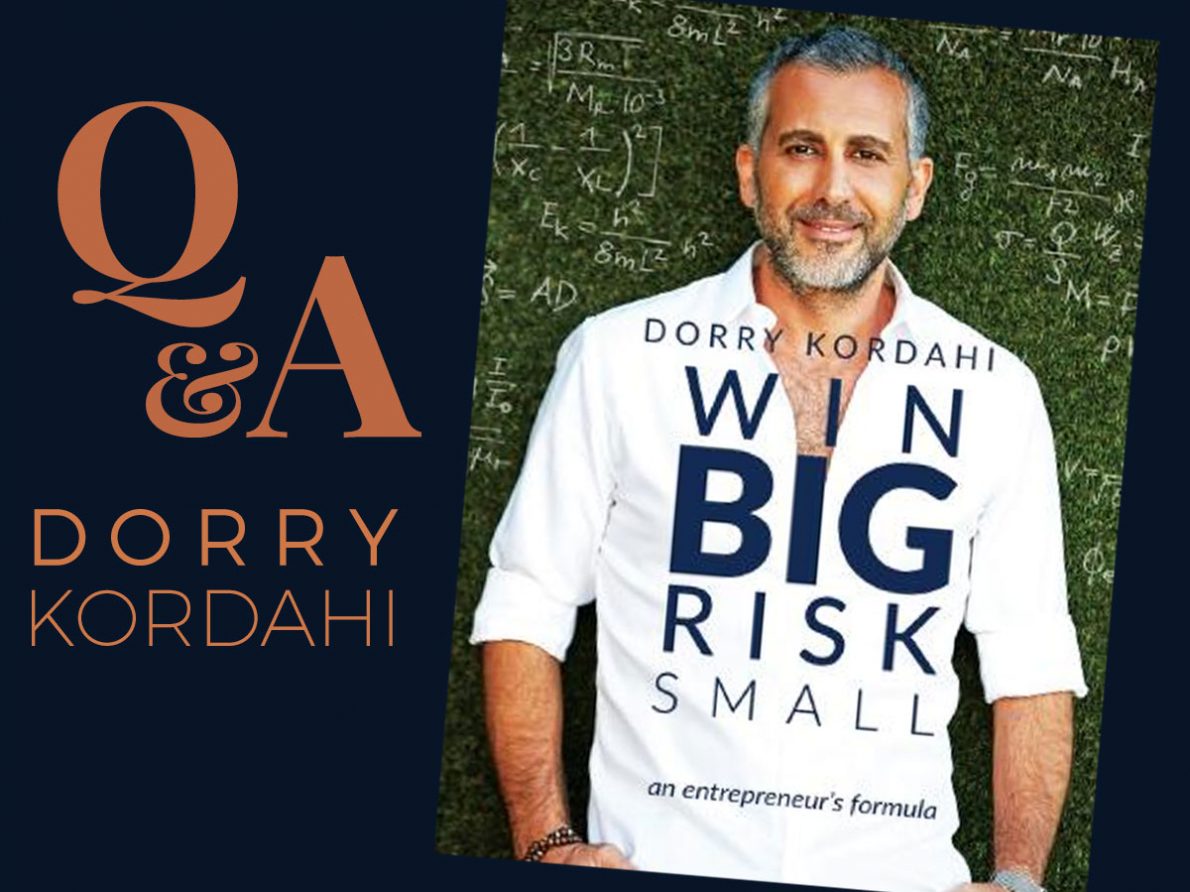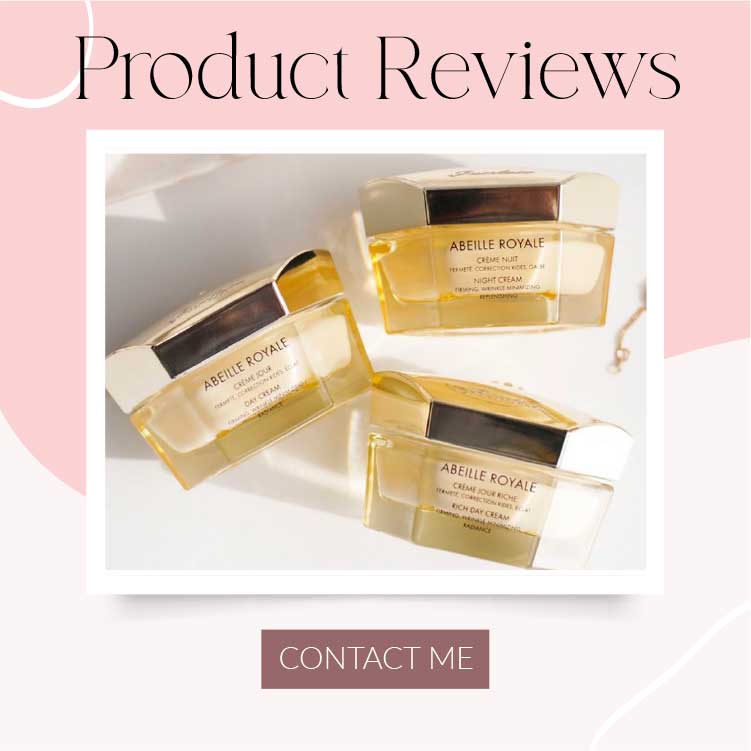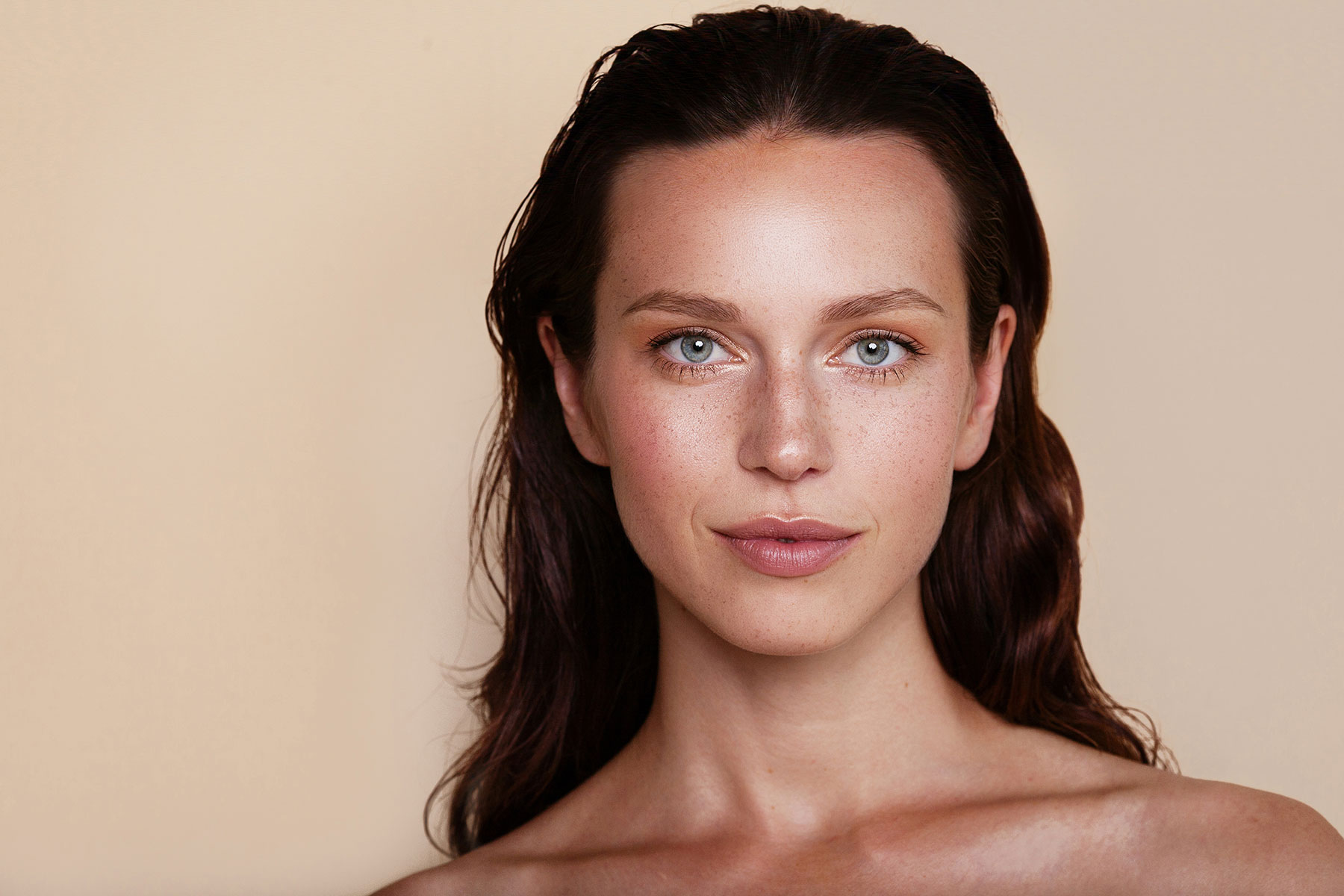I first met Dorry Kordahi many years ago when he was working with Cosima DeVito, a former finalist on Australian Idol. I was her makeup artist and worked with her and my husband who was photographing the album cover, and I was designing it. Since then Dorry has always popped up on my social media feeds time after time, going from strength to strength. I wanted to interview him, with the release of his new book “Win Big Risk Small“. I am also running a Facebook Competition where you can win one of three copies of this inspirational book. Click here to find out more about how to win.
According to his LinkedIn profile: “Dorry has been successful as a Eastern Region Finalist in the Ernst & Young’s Entrepreneur Of The Year. This award being recognized as the world’s leading business award.
Dorry Kordahi’s appetite for success has seen him profiled by Marketing Magazine in a series of 5 best marketers in Australia. He has also launched the industry’s first magazine focusing on brand values with a circulation of 30,000. Aptly named Branded, Dorry continues to be a recognized professional in his field. He has signed a publishing deal and released a few books called “Power To Act” and “Win Big Risk Small”.
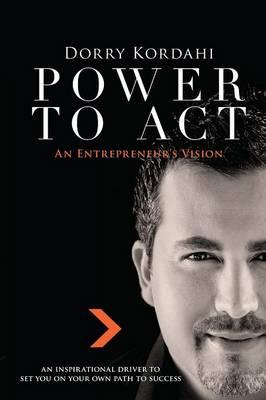
Q. (Diane Kennedy) How did you get started in business originally? What were your initial goals?
A. (Dorry Kordahi) Having worked in a family company selling promotional merchandise products I realised that with a fresh approach that sector could be re-envisioned as a full service provider with lots of value added services, rather than a basic product supply channel. So I resigned, took a six-month sabbatical in Europe and returned with a few scraps of paper that were the basis of my Win Big Risk Small formula. As soon as I got back to Sydney, I started my company from the shed in my parents’ back garden.
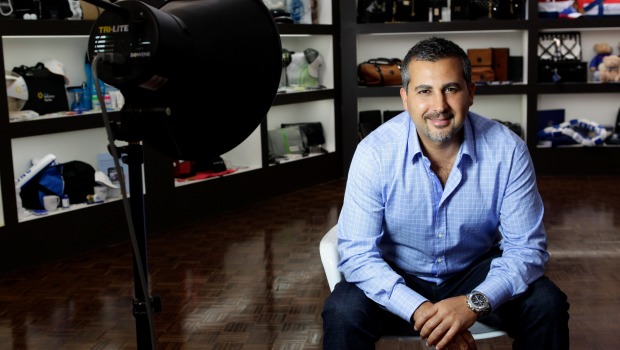
Q. (Diane Kennedy) Have you had any not-so-successful ventures where you have learned valuable lessons? What were these and what did you learn?
A. (Dorry Kordahi) No, not in my businesses. Of course I had some lean years in the very beginning but I think that formed the part of my education which cemented cost control as a fundamental tenet. You don’t have to learn by making mistakes yourself. I have always preferred to look at other people’s mistakes and learn from them.
One valuable lesson I did learn though came about when I owned a small percentage of the Sydney Kings. I hadn’t invested in them to make money and I still love and follow that team, but during that time they got into financial difficulties that were beyond my control and my minority shareholding didn’t allow me to help us much as I wanted. I found that really frustrating, now I never invest in anything I can’t control.
Q. What is your philosophy in business? Are there any types of products you wouldn’t become involved with?
A. I don’t invest in products or companies that I don’t understand. Understanding is vital. Think things through very carefully and try and imagine all the possible pitfalls before committing to it. Then if you can’t see a way to overcome those pitfalls, think it all through again until you can. Essentially you can overcome anything you can accurately predict. But never forget there will always be other opportunities, you shouldn’t just leap at the first one you see if it doesn’t feel right.
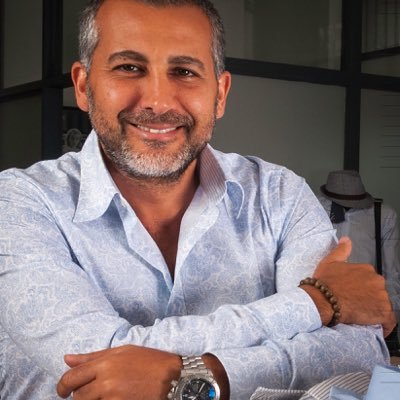
Q. You seem to have the Midas touch when it comes to investment. What are 3 things that you look for when making an investment in a person or brand?
A. They are very simple really.
First and foremost you need see a return on your investment.
Secondly, potential growth. After all there is no point investing in something if it doesn’t grow in size, quality or both.
Lastly, never invest in something you don’t understand at least a sizable portion of. And if you are buying a company that has a key person you need, make certain you bring them on board too. Add their strengths to yours.
Q. I have read that you have moved into apparel and fashion. Was that always a passion or is it purely business? I recently asked the owner of a fast fashion group if she loved fashion and she replied she loved money. Is that the case for you? Is it just about profit?
A. Of course profit is essential, I am interested in fashion but I would never buy a company simply because it had a certain image. That would just be a costly mistake. One of the main reasons I moved into fashion was it allowed me to diversify into areas that enhanced the overall offering of my company. Also, some of those companies would not have survived as stand-alones, whereas within my group I can streamline their operations by utilising my existing administrative, logistics and supply chain facilities and treat them purely as cost centres.
Q. Do you consider yourself an ethical business person? What philosophies do you live by?
A. Of course I do. You have to lead by example, treat others as you want to be treated yourself. I still for instance work with suppliers I had when I started out. They supported me then and I like to reciprocate now.
Also being a leader can be difficult, because you have to make decisions that affect others. By definition, there can be only one and that will always come with responsibilities some of which can be unpleasant, but if you want the role, you have to take all of it, not part.
Q. Would you consider yourself an intuitive entrepreneur or is it education? As a teenager were you full of dreams and ideas or did the desire come later?
A. Given that I didn’t go to university, I would have to answer that much of my initial entrepreneurship was intuitive. However, as you work in an industry, you learn about it. It’s an apprenticeship rather than an academic endeavour. An apprenticeship much like the one I did as a hairdresser which, fortunately I realised at a very young age, was not for me. However, I was always certain I would do something that would make me shine. Then at twenty-one I found myself in an industry I truly loved and a few years later started my business.
Q. Have you had any personal issues to overcome and how have they made you stronger?
A. I think that very early on having been both a hairdresser and briefly professional basketball player I lacked focus because I hadn’t found my true calling. And even when I first started my business I sometimes worried that people perceived me as too young to be taken seriously. But overcoming these things can be learned too. If, above all else, you believe in yourself and stay focussed then you can push these negative feelings aside.
Q. What part does social media help you with your business? Do you have particular channels you use, such as Facebook and what led you to choose those networks? I’ve noticed that you won’t use your Facebook page much. Is there a reason for this?
A. Traditionally not a great deal. I tend to confine social media to just that – social stuff. When it comes to my companies, it is brand focused and not connected to me as a person.
Q. Who have been/are your greatest sources of inspiration and why?
A. Everything is an inspiration if you filter the information properly. I’m like a sponge, I listen to things, watch what people do and how they do it. I would advise everyone to do that, even if they don’t run a business. Look at how people do things, the good and the bad are equally important.
But if were to give a single example from when I was just starting out, then I would say Sir Richard Branson’s “Losing My Virginity”. That book taught me it was possible to create something out of nothing. I think it also inspired me to write my own books, “Power to Act” and “Win Big Risk Small”, it’s a bit like passing on the baton in a relay.
Q. Do you find yourself working long hours, or are you dedicated to work/life balance?
A. Starting out in business, yes of course I worked sixteen-hour days, often seven days a week, but now I keep ‘normal’ office hours. Though as an entrepreneur a lot of my life overlaps both the personal and professional. I’m always networking so in that sense I can be working until I go to bed. If you accept that as part of your journey to success, it becomes a natural extension of your life rather than a burden to it.
Q. Thanks so much for your time, Dorry, it’s a pleasure to feature someone as business savvy as yourself. What would be one piece of advice you could offer aspiring entrepreneurs?
A. One single piece of advice isn’t really possible, because success in business, just like life has so many interconnecting facets. But adhering to my three fundamentals is a very sound way to start.
- Work hard
- Be persistent
- Lay solid foundations right from the start.
Get more information on “Win Big Risk Small available in all good book stores.
Remember to enter my competition on Facebook to win one of three books “Win Big Risk Small” that I am giving away.
Read more Q and A’s for inspiration…
Save
Save
Save

